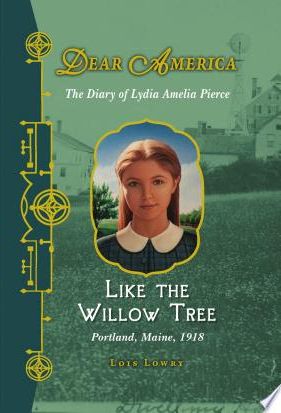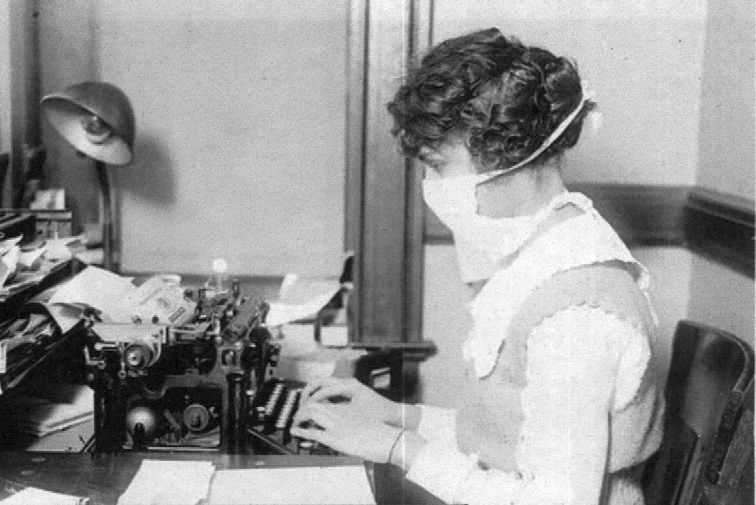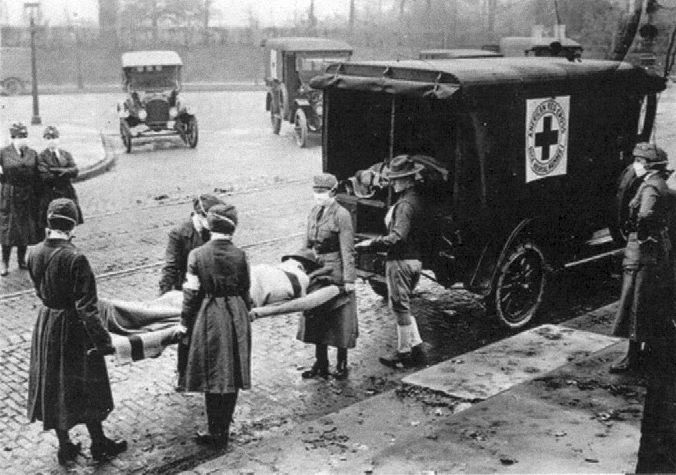
Like The Willow Tree

Lois Lowry’s Like The Willow Tree is a Portland, Maine diary-style story takes place during the Spanish flu of 1918.* If you are looking for an informative read about our nearby Shaker Community during this perilous time like today’s pandemic in Sabbathday Lake, Maine, then this Scholastic young adult book is for you or a young person you know.
Due to Zoom and so many COVID limitations, I discovered a charming conversation on line between children’s author Lois Lowry and Brother Arnold at the last remaining active Shaker community in the U.S. The Dear America series of books were published back in 2011 and are diaries written by children. Who does not want to read someone else’s diary from long ago?
Lois Lowry has a vacation summer farmhouse in Bridgton, not far from the New Gloucester location of our Maine Shakers. Her old summer place was built around the same time period as the Shaker buildings, built soundly and built to last. I marvel at the meeting house paint which was applied years and years ago. It lasted!

Lydia and her brother lose both parents and newly born baby quickly during the Spanish flu in Portland. I was shocked that many victims died within 24 hours, a much deadlier flu than our recent COVID. An uncle tries to care for both children, but eventually he had to give them to the Shakers nearby. Following Lydia’s daily thoughts as she experienced all these changes in her life is fascinating for young and old. I learned a lot about the Shaker way of life. For over thirty years I have met at 10 a.m. Sunday meeting with the welcoming Shaker community and friends.
Usually in June when I attend the rows of women on one side and men on the other are full, about 30-40 people. Singing a cappella their many Shaker songs is quite an experience. The title of this book comes from a favorite Shaker song indicating that bending in life like a willow is helpful. My neighbor on Great Pond attended with me one summer and Kay even stood and shared at meeting.
Brother Arnold always makes everyone feel “not a stranger,” as he repeats, quoting from an earlier Shaker. Anyone is welcome to stand and share between songs. Lydia relates in her diary how she was required to recite a Bible verse for her first sharing after weeks of careful preparation with the Shaker teacher. They did have students in their school from “the world,” meaning outside the Shaker community.

I was amused and dismayed many times while reading Like The Willow Tree. The initial removing of her family ring due to no ornamentation and hearing “ney” rather than no were peculiar. Lydia lost her temper by telling her Shaker instructor that she neighs like a horse and looks like a horse. Lydia was no shrinking violet in this new, strange place. Eating meals silently was understandably difficult for her and her brother on the opposite side of the dining room.
Gradually she learns laundry detail and ironing skills, but most of all she makes friends among the Shaker girls and also those from “the world.” Outdoor activities and journeys to nearby Poland Springs resort hotel to sell Shaker goods bring variety to her life. Reading good literature together was a real plus for all the girls.
Lydia’s goal seemed to be wanting promotion to candy making. Everyone loves the special caramel candy made by the Shakers. Go shopping at their store, go for a tour any day but Sunday. Worship at their meeting and go downstairs for coffee and donuts after. Brother Arnold and Sister June will make you feel welcome. I understand there are two more Shakers that have joined since COVID. I have not met them, but look forward to meeting in June sometime.
Being separated from her brother Daniel was difficult for Lydia. She would see him across the dining hall and on opposite sides of meeting, but no contact was allowed. Different stairwells and doors are even used, separating males and females. Occasionally she was allowed to visit with Daniel, but only with a Shaker present. Read and learn about this surviving community in Maine where orphans from the Spanish flu were well cared for.
A freakish April snowstorm really caught my attention because all the animals were out of the barn and marooned in snowdrifts. Neighbors of the Shakers arrived from all around and every single farm animal was rescued. Many hands make light work, how does that old saying go? Many volunteers help the four Shakers remaining active at their beautiful village open to the public for tours and Sunday meeting at ten when the bell rope is pulled.
*Editor’s Note: The term “Spanish flu” is a misnomer. As Spain was neutral during the first World War, it was one of the few European nations without press censorship, so the new disease was widely reported in Spanish newspapers, but it almost certainly originated elsewhere. You can read more about that pandemic here.
Download Full Newspaper: High Res | Low Res (Details…)
<— Previous Article • Summaries • Next Article —>
©2022 by Summertime in the Belgrades. All rights reserved.